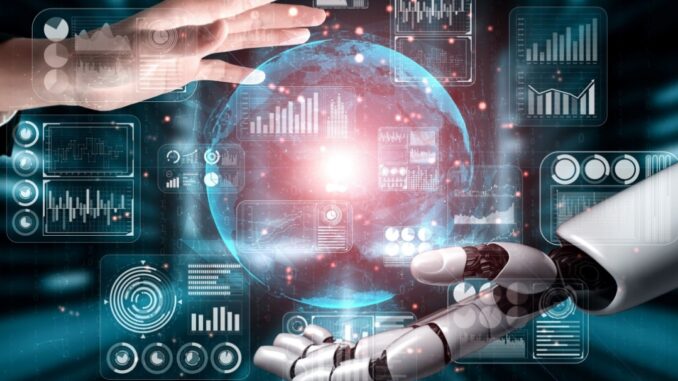
The next level of AI technology is likely to be characterized by several advancements and trends. Here are some key areas where significant progress is expected:
General Artificial Intelligence (AGI): Moving beyond narrow AI, which is specialized for specific tasks, towards AGI, which possesses human-like cognitive abilities and can perform a wide range of tasks.









Enhanced Natural Language Processing (NLP): Improvements in NLP will enable AI to understand and generate human language with greater accuracy, nuance, and context-awareness. This includes better conversational agents and more sophisticated text analysis.
Explainable AI (XAI): As AI systems become more complex, the need for transparency and understanding of how these systems make decisions will grow. XAI aims to make AI’s decision-making processes more interpretable to humans.
AI Ethics and Fairness: Developing frameworks and technologies to ensure that AI systems are fair, unbiased, and ethical. This includes addressing issues like data privacy, algorithmic bias, and ensuring equitable outcomes.
Quantum Computing and AI: Leveraging the power of quantum computing to solve complex problems that are currently infeasible for classical computers. This could revolutionize fields like cryptography, material science, and complex system simulations.
Autonomous Systems: Advancements in autonomous vehicles, drones, and robotics, leading to more reliable and widespread use in various industries, from transportation to healthcare.
AI in Healthcare: Enhanced diagnostic tools, personalized medicine, and more efficient drug discovery processes driven by AI. This includes better predictive models and more accurate analysis of medical data.
Integration of AI and IoT (AIoT): Combining AI with the Internet of Things to create smarter, more responsive environments. This includes smart cities, industrial automation, and connected homes.
Edge AI: Moving AI processing from centralized cloud servers to local devices (the edge) to reduce latency and improve efficiency. This is particularly important for real-time applications like autonomous vehicles and IoT devices.
Human-AI Collaboration: Developing AI systems that work alongside humans, enhancing their abilities and decision-making processes. This includes AI as an assistant in creative fields, research, and complex problem-solving.
Improved Training Techniques: New algorithms and methods for training AI models more efficiently, including self-supervised learning, transfer learning, and reinforcement learning advancements.
AI-Generated Content: More sophisticated AI systems for generating content, including text, images, music, and video, with applications in entertainment, marketing, and education.
These advancements will likely shape the future of AI, making it more powerful, versatile, and integrated into various aspects of daily life and industry.

Leave a Reply